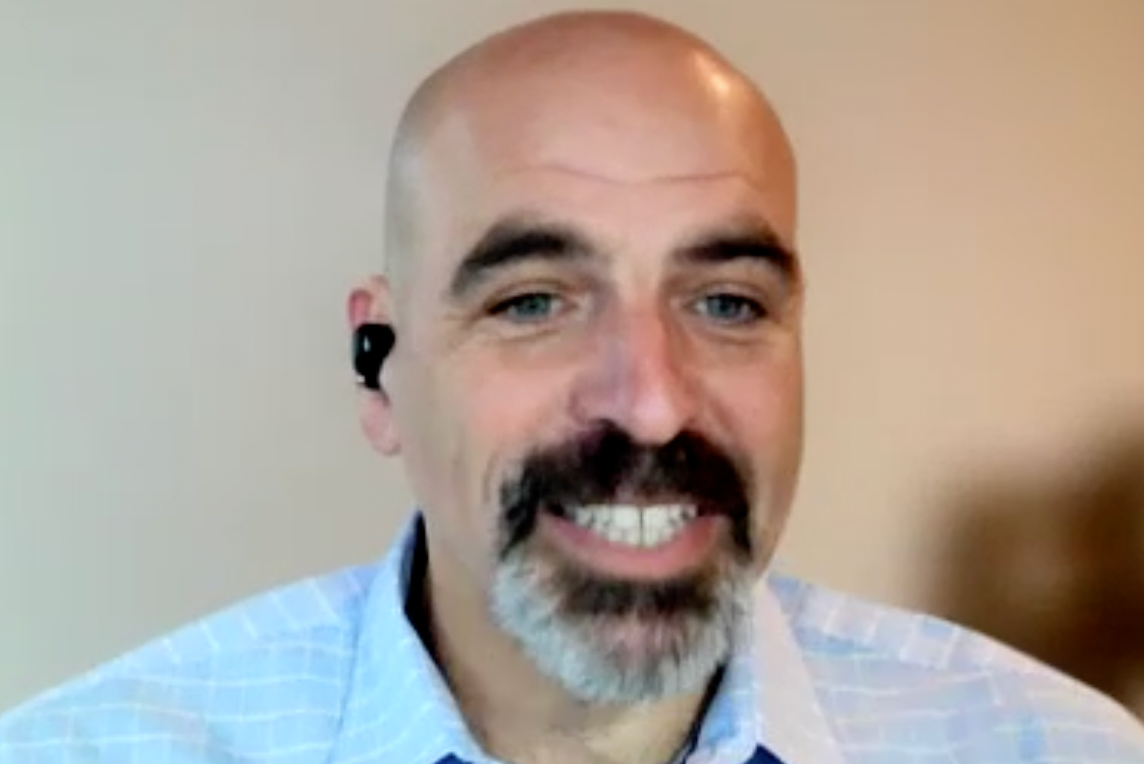In healthcare, ‘The who is more important than the what’ | Lessons for Leaders
Rami Karjian, CEO of Medically Home, talks about the importance of finding the right team, because business models can change. He also stresses focusing on the ‘why.’
As the CEO of Medically Home, Rami Karjian understands that businesses evolve.
Rami Karjian, CEO of Medically Home, stresses the importance of building the right team, because business models can change.

Medically Home works with health systems to provide hospital care in patients’ homes. Based in Boston, Medically Home works with a host of large health systems, including the Mayo Clinic, Kaiser Permanente, Cleveland Clinic, UNC Health, Yale New Haven Health and others.
Karjian is a co-founder of the Boston-based company, and he tells Chief Healthcare Executive® that there's a critical lesson that he’s learned in leadership. It’s important to build the right team.
“The who is more important than the what,” Karjian says. “So we have an absolutely incredible team at Medically Home.”
He notes that the business model has changed over time, and it’s likely to change again in the future.
“The model in four years, five years from now will be different than the model today,” Karjian says. “The services that we offer, who we're working with, how we provide care.
And so the team that you're building is more important than the ‘what’ that you're building it for.” (See part of our conversation in this video. The story continues below.)
Karjian says Medically Homes focuses a great deal on the members of the team, and the other partners of the company.
In addition to thinking about the “who,” Karjian says healthcare leaders need to focus on the “why” as they build and lead their organizations.
“Stay very, very grounded in the mission and the why,” Karjian advises.
With Medically Home, Karjian says, “First and foremost, we are doing this to provide better care to patients across the country. And of course, we have to do it in a way that is financially sustainable, and provides the returns to our shareholders that cause them to invest behind a model like this. That's really important.”
“But being grounded in the mission, and the why and how this is transforming lives, has been very important to us,” Karjian says.
Karjian talked about working with a patient who experienced kidney failure while giving birth in the hospital. But he says the patient was able to continue receiving acute care at home. She could more comfortably recover with help from her family, and bond with her new baby, at home.
He says experiences like that are “grounding us in why we’re doing this.”
More health systems have launched hospital-at-home programs after the federal government eased restrictions in 2020, due to the COVID-19 pandemic. As of Nov. 8, 128 health systems (304 hospitals) are offering acute care at home, according to the Centers for Medicare & Medicaid Services.
More hospitals say they’re seeing encouraging results, with low readmissions and higher patient satisfaction. Researchers found a low mortality rate in an examination of hospital-at-home programs, according to findings published earlier this month in Jama Network Open.
“This is a transformative model that isn't going to get erased,” Karjian says. “That’s why it's not a program, why it's not a pilot.”
(If you’d like to submit your lessons in leadership in healthcare, great advice you’ve received, or insights you wish you had earlier, submit an idea for our “Lessons for Leaders” series. Contact Ron Southwick, senior editor of Chief Healthcare Executive: [email protected])
Telehealth faces a looming deadline in Washington | Healthy Bottom Line podcast
February 12th 2025Once again, the clock is ticking on waivers for telemedicine and hospital-at-home programs. Kyle Zebley of the American Telemedicine Association talks about the push on Congress and the White House.
Why Sutter Health and SCAN Group are teaming on Medicare Advantage
April 14th 2025They have formed a partnership to offer more products and are looking to create a joint MA plan. We talked with leaders from Sutter and SCAN about the collaboration and why they say it can lead to better care for seniors.